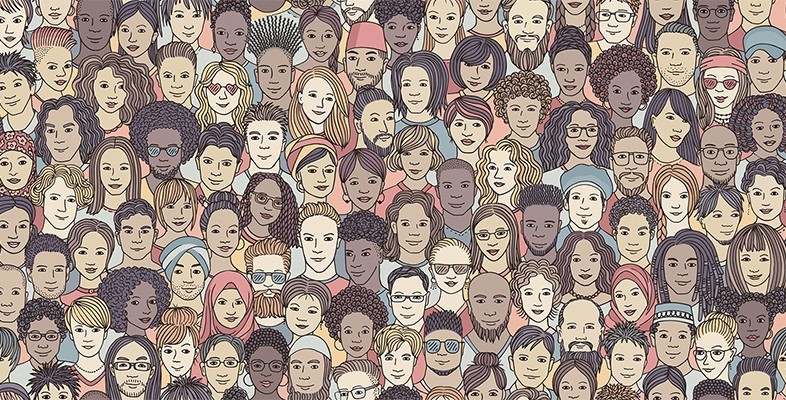Home » Course Layouts » Free Course Layout Udemy
Interpersonal communication in health and social care services is by its nature diverse. As a consequence, achieving good or effective communication whether between service providers and service users or among those working in service means taking account of diversity, rather than assuming that every interaction will be the same.
0
59
English
English [CC]
FREE
- Learn basic syntax that can apply to any language.
- Learn what is a programming language and the basic concepts for beginners.
- Understand what is Javascript in it's truest form.
- Know the basic syntax of Javascript.
- Know some hidden quirks in Javascript.
Description
This free course, Diversity, and the difference in communication explore the ways in which difference and diversity impact the nature of communication in health and social care services.
Course learning outcomes
After studying this course, you should be able to:
- Demonstrate an understanding of competing perspectives on issues of communication, difference, and diversity
- Demonstrate an understanding of the ways in which issues of ethnicity, gender, and disability impact on interpersonal communication in care services
- Apply ideas about communication and difference to everyday interactions in health and social care contexts
- Analyze the ways in which ideas about difference can both reflect and reproduce inequalities between groups in the context of care services
- Identify strategies for working with difference and diversity in the context of challenging discrimination in health and social care contexts.
Course content
-
- Introducing diversity and difference 00:15:00
-
- A communication ‘problem’? 00:40:00
- Analysing communication problems 00:15:00
- Ways of understanding ‘difference’ 00:15:00
- The social construction of ‘difference’ 00:15:00
- ‘Difference’ and identity 00:25:00
- Reflecting on identity 00:15:00
- Aspects of identity 00:30:00
- ‘Difference’, power and discrimination 00:10:00
- Experiencing prejudice and discrimination 00:10:00
- ‘Race’, ethnicity and communication 00:10:00
- ‘Race’ 00:20:00
- Ethnicity 00:10:00
- Describing your ethnicity 00:10:00
- Ethnic categories 00:25:00
- ‘Racialisation’ and racism 00:05:00
- The process of ‘racialisation’ 00:10:00
- The impact of ‘racialisation’ 00:10:00
- Being on the receiving end 00:20:00
- Services for inter-ethnic communications 00:20:00
- Employing interpreters and link workers in health and social care 00:20:00
- Challenging racism 00:05:00
- Exploring anti-oppressive practice 00:20:00
- What is disability? 00:30:00
- Technologies of help? 00:40:00
- Disability and communication 01:10:00
- The politics of disability 01:40:00
N.A
- 5 stars0
- 4 stars0
- 3 stars0
- 2 stars0
- 1 stars0
No Reviews found for this course.
Instructor
Open University UK
4.8
4.8
14
43384
1068
Explore Free Courses
Access valuable knowledge without any cost.
{"title":"","show_title":"0","post_type":"course","taxonomy":"course-cat","term":"engineering-skills,health-and-safety","post_ids":"","course_style":"free","featured_style":"course6","masonry":"","grid_columns":"clear4 col-md-3","column_width":"268","gutter":"30","grid_number":"4","infinite":"","pagination":"","grid_excerpt_length":"20","grid_link":"1","grid_search":"0","course_type":"","css_class":"","container_css":"","custom_css":""}










